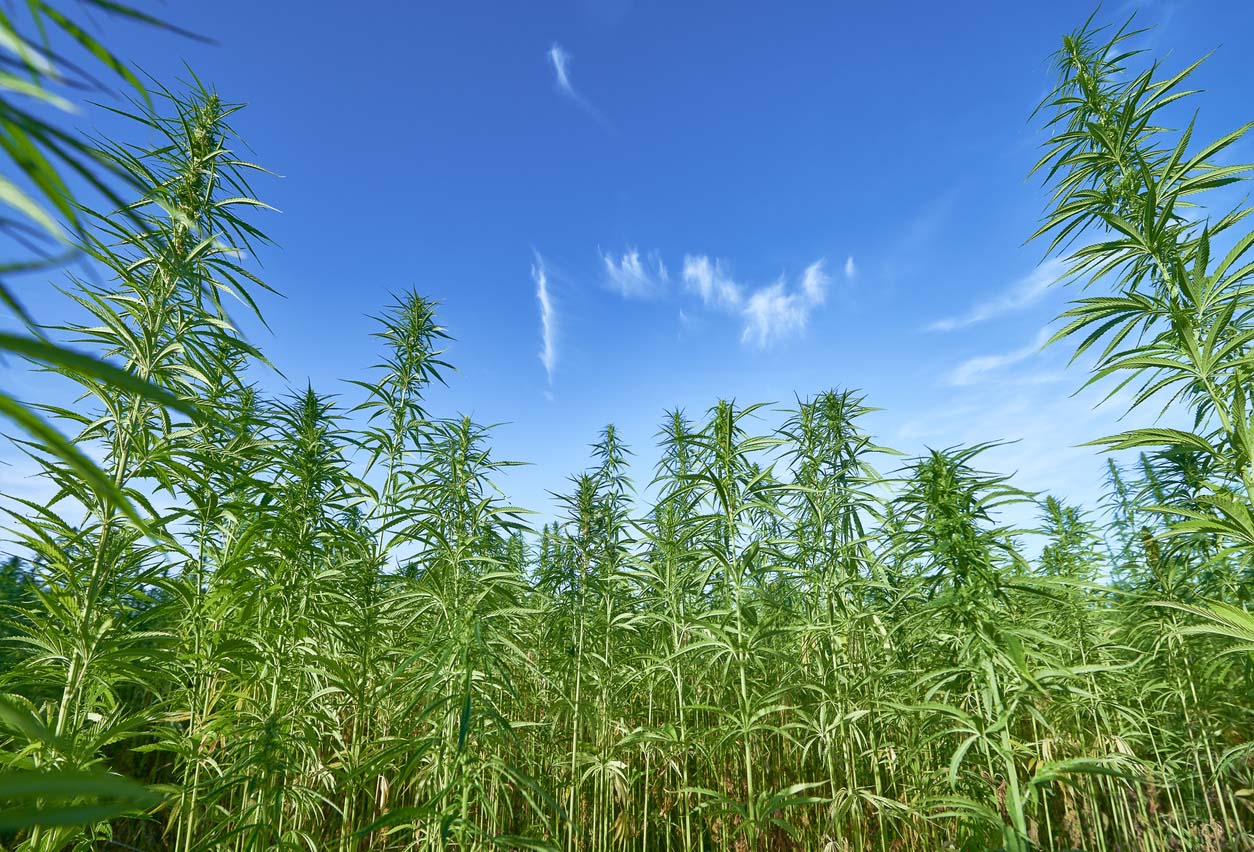
Hemp for Soil Remediation: Introduction
Soil contamination is a major environmental issue, caused by various human activities such as industrialization, mining, agriculture, and waste disposal. The contaminated soil poses a significant threat to both human health and the ecological balance of the environment. Traditional remediation methods are often invasive and costly, which can disrupt the soil structure and ecology. In recent years, hemp has emerged as a promising alternative for soil remediation due to its eco-friendly and non-invasive nature.
Understanding Soil Contamination
Soil contamination occurs when toxic and harmful substances such as heavy metals, pesticides, and petroleum products are present in the soil at a concentration that exceeds the natural background level. These contaminants can come from various sources, such as industrial discharge, agricultural runoff, and waste disposal. The contaminated soil can affect the growth of crops, threaten human health, and cause ecological imbalances.
Why Use Hemp for Soil Remediation?
Hemp is a fast-growing plant with deep roots that can extract contaminants from the soil without disrupting the soil structure. Hemp also has a high biomass production rate, which means it can absorb a significant amount of contaminants over a short period. Hemp is also eco-friendly and non-invasive, as it does not require the use of harsh chemicals or heavy machinery. Moreover, hemp can be grown on contaminated soil, making it a self-sustaining and cost-effective remediation method.
The Science Behind Hemp Remediation
Hemp has a remarkable ability to absorb contaminants through a process called phytoremediation. The plant’s roots absorb the contaminants and store them in the tissues, where they are broken down and transformed into non-toxic compounds. Hemp can also extract contaminants through a process called phytoextraction, where the contaminants are absorbed by the roots and transported to the leaves, where they are removed through transpiration.
Types of Contaminants Hemp Can Remediate
Hemp can remediate a wide range of contaminants, including heavy metals such as lead, cadmium, and arsenic, pesticides, petroleum products, and even radioactive isotopes. The plant’s ability to remediate these contaminants depends on various factors such as the type and concentration of the contaminants, soil type, and climate.
Hemp vs. Traditional Remediation Methods
Traditional remediation methods such as excavation, soil washing, and thermal treatment can be invasive and costly, and can cause soil structure disruptions. Hemp remediation, on the other hand, is non-invasive and can be performed on-site, making it a cost-effective and sustainable remediation method. Hemp remediation can also promote the growth of beneficial microorganisms in the soil, which can improve soil quality and fertility.
Benefits of Hemp Remediation
Hemp remediation has many benefits, including its eco-friendliness, non-invasiveness, cost-effectiveness, and self-sustainability. Hemp remediation can also improve soil fertility and promote the growth of beneficial microorganisms. Moreover, hemp remediation can contribute to the development of green industries, such as biofuel production and textile manufacturing.
Challenges and Limitations of Hemp Remediation
Hemp remediation has some challenges and limitations, such as the variability of the plant’s ability to remediate different contaminants and the need for careful management to prevent the spread of contaminants to other areas. Moreover, the harvested hemp plants may contain contaminants, which require proper disposal.
Best Practices for Hemp Remediation
To ensure the success of hemp remediation, it is essential to consider various factors such as soil type, contaminant type and concentration, climate, and hemp cultivars. The hemp plants should be monitored regularly to determine the effectiveness of the remediation process. Moreover, the harvested hemp plants should be disposed of properly to prevent the spread of contaminants.
Case Studies: Successes in Hemp Remediation
Hemp remediation has been successful in various case studies, such as in Italy, where hemp was used to remediate soil contaminated with heavy metals. In Canada, hemp was used to remediate soil contaminated with petroleum hydrocarbons. In the United States, hemp was used to remediate soil contaminated with radioactive isotopes.
The Future of Hemp Remediation
The use of hemp for soil remediation has enormous potential and is expected to grow in popularity in the coming years. As the demand for eco-friendly and sustainable remediation methods increases, hemp remediation is likely to become a mainstream practice.
Hemp for Sustainable Soil Management
Hemp remediation offers a sustainable and eco-friendly solution for soil contamination. The plant’s ability to extract contaminants without disrupting the soil structure makes it an attractive alternative to traditional remediation methods. Hemp remediation can also improve soil fertility and promote the growth of beneficial microorganisms. As the world faces increasing environmental challenges, hemp remediation offers a promising solution for sustainable soil management.











